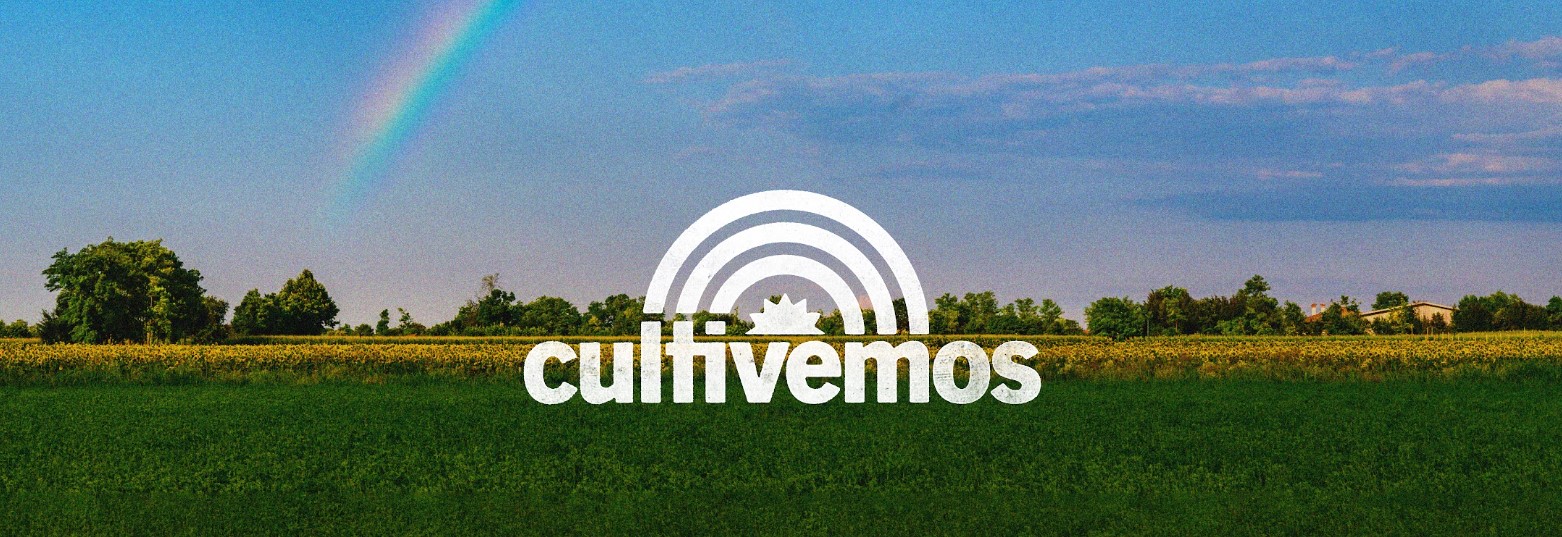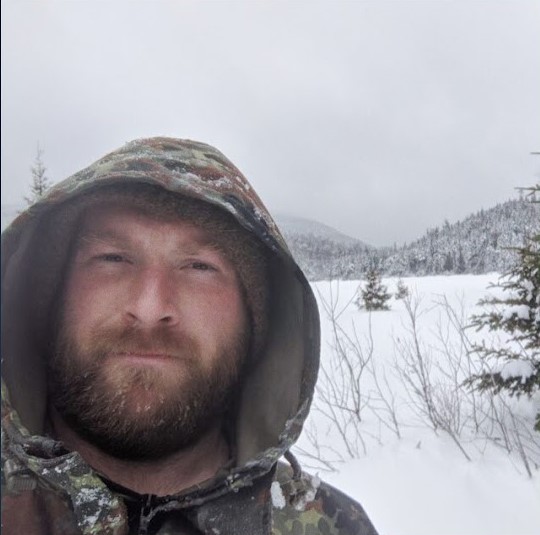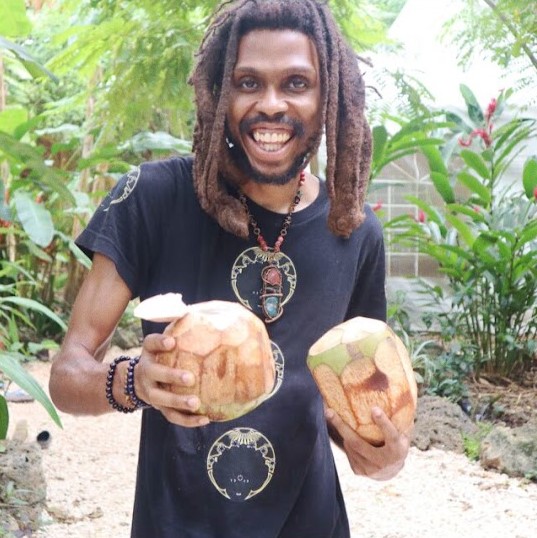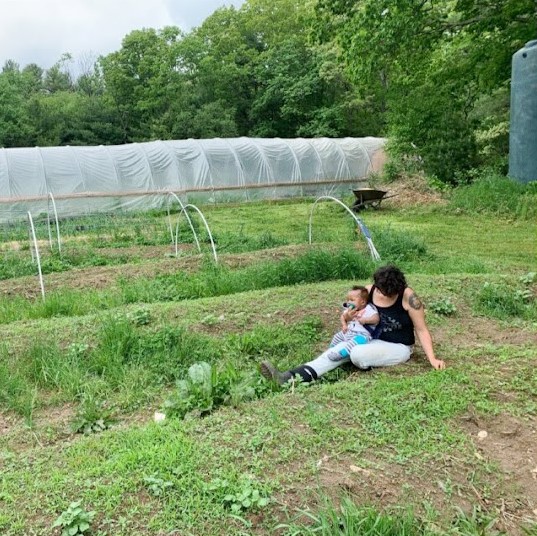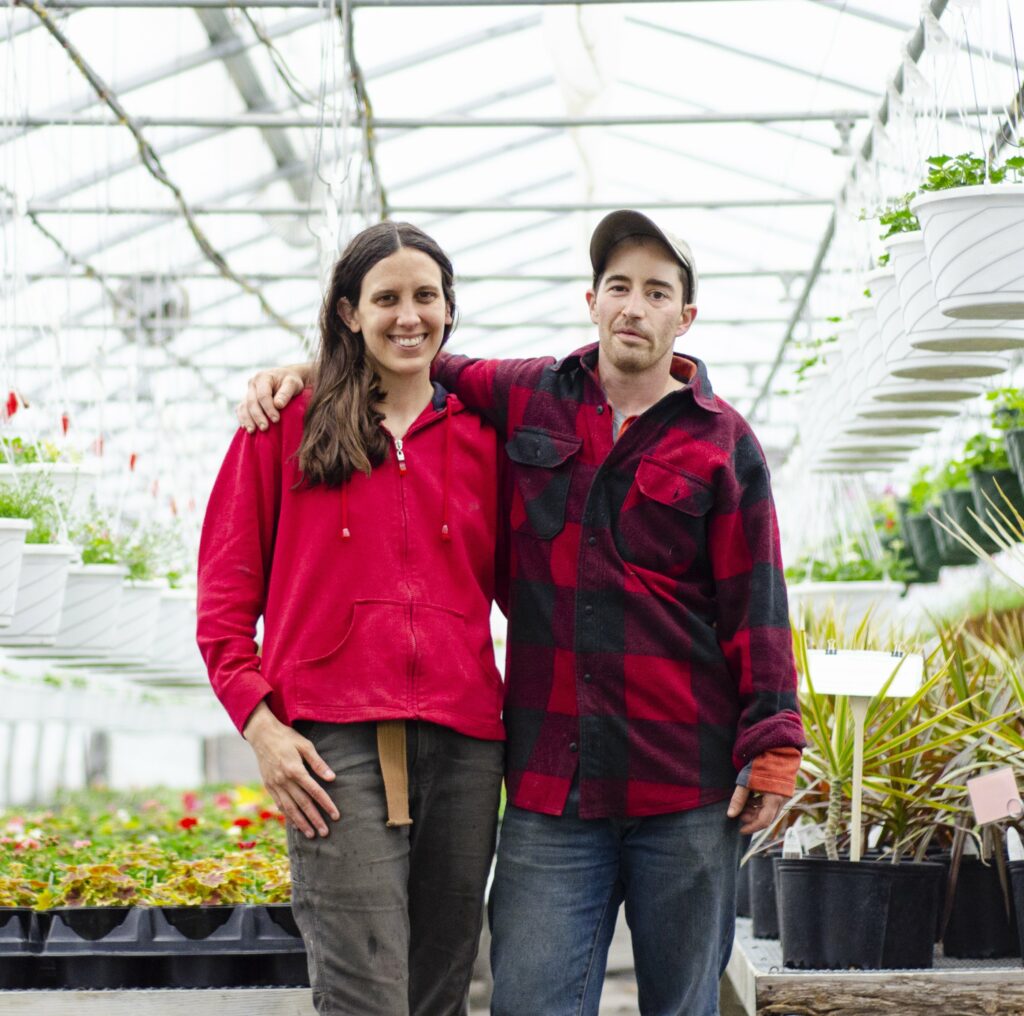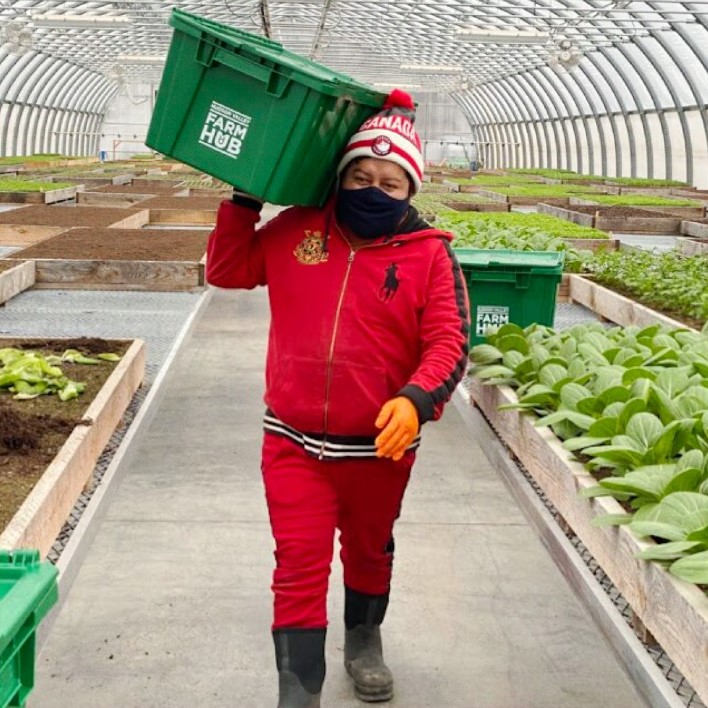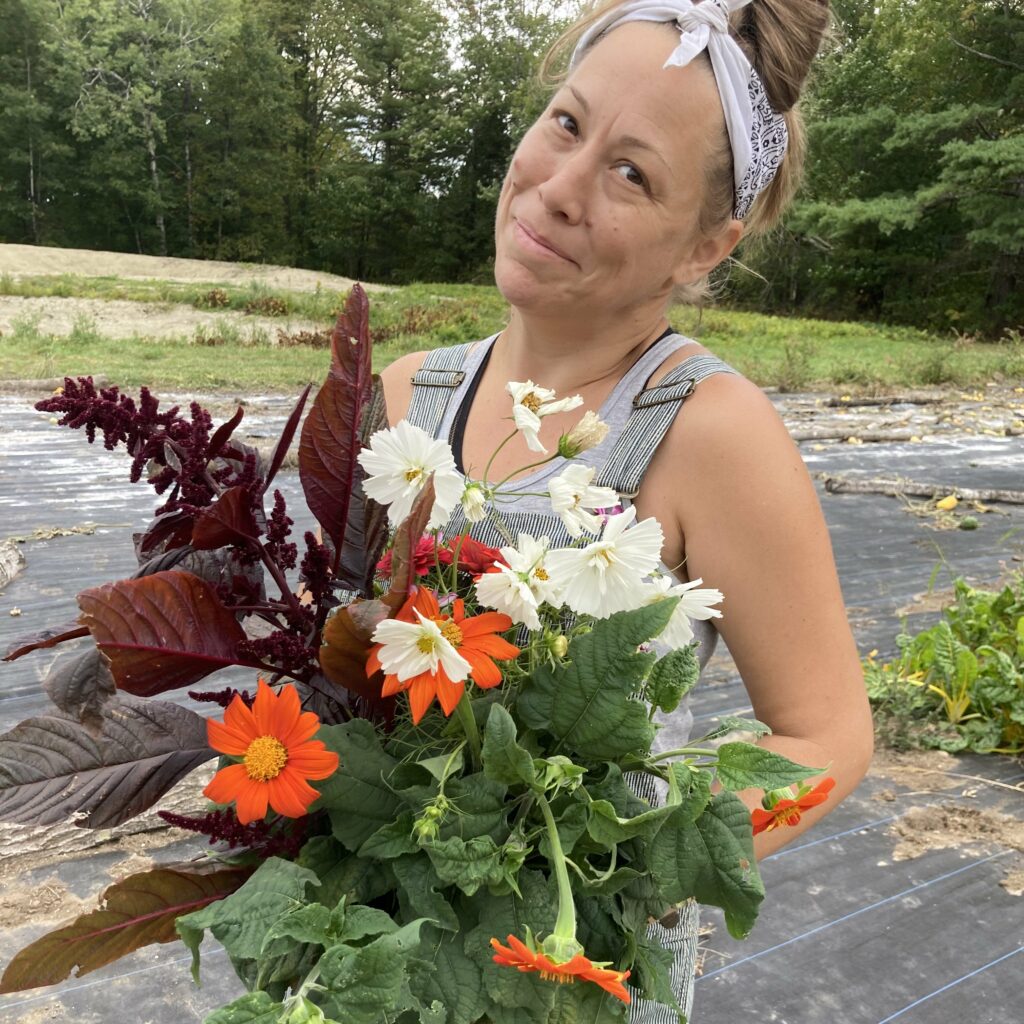
A Network for Cultivating Farmer Well-Being
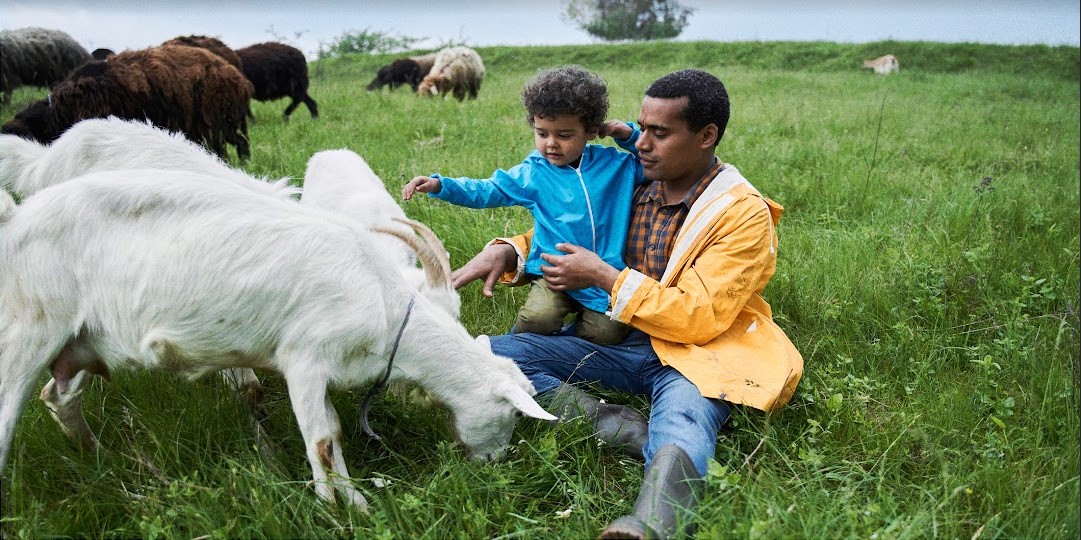
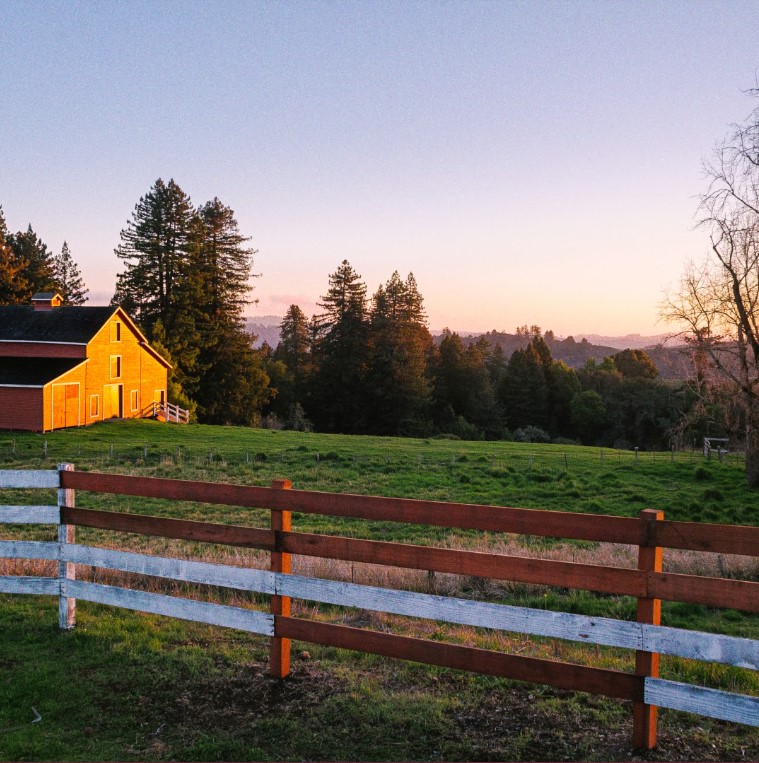
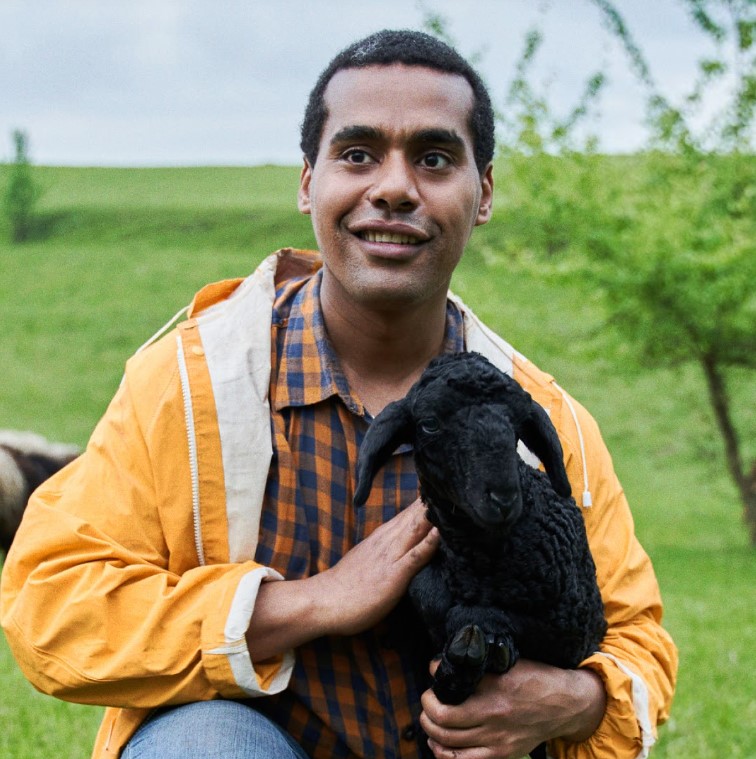

Mission
Cultivemos’ mission is to bring agricultural community well-being to the table by building an inclusive network of partners and providers.
We are dedicated to advancing the well-being of agriculture producers, workers, and their families through accessible and effective mental health care and assistance programs.
We aim to improve mental and behavioral health awareness, literacy, access, and outcomes for the agricultural community in the Northeast. We believe our approach will help achieve long-term well-being. It allows farmers to emerge from crisis better equipped with new management, skills, tools, robust support systems, and effective stress management.
This work is supported by the USDA National Institute of Food and Agriculture Farm and Ranch Stress Assistance Network (FRSAN) project 2019-70028-30464 and 202-70028-32729.

Vision
Our vision is guided by the belief that diverse agricultural communities in the Northeast should be connected to accessible, culturally-competent, timely, and effective mental health care.
Cultivemos is a community call to cultivate mental well-being together. We are Spanish-led to focus on language justice and inclusivity. These resources are for every agricultural worker, no matter their background.

Origin
Born from grassroots beginnings, Cultivemos was created to improve the emotional wellness in the farming community.
The 2018 Farm Bill established, the Farm and Ranch Stress Assistance Network (FRSAN) to develop a network of service providers dedicated to wellness in for agricultural workers. The National Institute of Food and Agriculture (NIFA), a branch of USDA, awarded funds to four the regional entities.
Northeast Funds Were Granted To;

Our reach
Cultivemos services communities in: Connecticut, Delaware, Maine, Maryland, Massachusetts, New Hampshire, New Jersey, New York, Pennsylvania, Rhode Island, Vermont, West Virginia, and Washington, D.C.
Our region provides:
- Training Programs and Workshops
- Outreach Services
- Peer Groups
- Resource Clearinghouse
- Telephone Helpline in Spanish and English

Values
Definitions
- We aim to be inclusive and respectful of multiple, divergent perspectives.
- Differing perspectives, including those thought of as unpopular, will be honored and given space.
- We value new perspectives and ideas as a recognition that our work will continually evolve.
Action and Commitments
- We will establish community agreements to create safe spaces for differing perspectives.
- We will establish a process for conflict resolution and consensus building, honoring multiple perspectives.
Definitions
- We will not shy away from working on structural change in our agricultural system.
- We will work to address symptoms and root causes.
- We commit to maintaining a long-term perspective.
- We will view our work in the context of supporting farm families, communities, and the next generation of farmers.
Action and Commitments
- We recognize and address the underlying economics, policies, and systematic racism and oppression that lead to farm stress.
- We will not restrain ourselves to traditional resources and solutions.
- We will respond to not only crises but also integrate preventative measures.
- We will develop multifaceted evaluation methods that aim to assess our work of transforming the agricultural system.
Definitions
- Our work is informed by evidence and is outcome-oriented: We want to advance efforts that prove successful in helping our farming communities thrive.
- We respect knowledge and expertise from prior projects, community practices, and existing programs to guide our work.
- We aim to learn lessons from proven models and be willing to innovate based on evaluation practices that account for the impacts in our farming communities, in particular underserved communities.
- We will avoid unnecessarily duplicating efforts and will seek to channel resources and support to interventions that are effective.
Action and Commitments
- We will aggregate data from existing models and create opportunities for the data to be accessible to all members
- We will collect and amplify lessons learned from proven models and give proper citation and acknowledgement to the existing work.
- We will proceed with built-in evaluation and feedback processes that allow for an accurate assessment on project benefits to our farming communities.
- Evaluation processes will specifically account for impacts on underserved and historically underrepresented farming communities - and projects should be evaluated based on those benefits.
Definitions
- We aim to be as inclusive as possible with a seat at the table for all that should and can be involved.
- We will work to reduce the barriers that prevent some from having a seat at the table, including resourcing and funding for involvement.
- We will look at all aspects of stress in different farming communities and recognize that stress does not look the same for all communities, nor do the same solutions work for all communities or individuals.
- We are dedicated to creating and providing appropriate and accessible recourse for farmers and farmworkers.
- We dedicate time and effort to reach all types of farming communities in the NE.
Action and Commitments
- We will continually use multifaceted evaluation methods to understand the gaps.
- We will use feedback loops to ensure that impacted communities have the opportunity to assess and guide our efforts.
- We will enact accountability measures to show our progress addressing gaps and how we are meeting the needs of impacted communities.
- We will resource our efforts on inclusion and compensate organizations and individuals for their work in providing feedback and helping to improve Cultivemos.
- The Farmer/Farmworker Advisory Board features paid opportunities for farmers and farmworkers to be involved in Cultivemos.
Definitions
- We recognize and honor that the agricultural community is at the center of this project.
- We will ensure that agricultural worker voices are heard and our work is informed by their perspectives and experiences.
- We listen to agricultural workers to ensure that our strategy and work is effective, accessible, and appropriate
- We seek to position farming communities as leaders in the work, providing opportunities for them to actively participate and lead our efforts.
Action and Commitments
- We make a community commitment to build systems to ensure our work is agricultural worker informed.
- We will build in feedback loops to gather input and feedback from those we serve.
- Our Farmer/Farmworker Advisory Board has paid opportunities for agricultural workers to be involved in the decision making process of Cultivemos.
- The Advisory Board works directly with the Advisory Team to provide feedback, review resources, and share expertise on Cultivemos activities.
Definitions
- We acknowledge the long history and racism and inequity in our country and agricultural systems.
- We recognize that stress in farming and ranching communities results from, and is deeply connected to, historic and ongoing racism and inequity in our country and its agricultural and healthcare systems.
- We recognize the past and current harms done to Black, Indigenous, People of Color (BIPOC) in the realms of agriculture and mental health.
- We are committed to racial equity and anti-racist organizing.
Action and Commitments
- Each Cultivemos member will sign a commitment to racial equity organizationally.
- We will feature a BIPOC farmer and service provider cohort.
- The Cultivemos Advisory Team features at least one BIPOC-led organization.
- The Farmer/Farmworker Advisory Board includes at least 30% BIPOC farmers.
- We will direct resources and funding to BIPOC-led organizations.
Definitions
- We aim to cement this work in farming and ranching communities and service provider networks so the work will continue when Cultivemos is no longer funded
- We recognize that Cultivemos sustainability and resiliency will depend on effectiveness.
- We recognize that stable resourcing and funding is necessary for sustainability and resiliency.
Action and Commitment
- We plan for sustainability/resiliency from the beginning and throughout our efforts.
- We will incorporate a Strategic Planning Process into the project to ensure sustainability and resiliency are a part of the ongoing work.
- We will seek additional resources to support the work and make sure those resources are available to all members.
Definitions
- We recognize that transparency is essential to building trust among Cultivemos members for collaboration
Action and Commitments
- All Cultivemos decision-making processes will be shared with Cultivemos members.
- Our financial and resource allocation methods, as well as accountability structures, will be shared with Cultivemos.
- The Farmer Advisory Board will be involved in developing decision-making processes.
Definitions
- We honor and support collaboration between all parties, including but not limited too; farmers, service providers, state departments of agriculture.
- We recognize that reciprocity and generosity are the building blocks of collaboration.
- We recognize that a truly collaborative network is interdependent.
Action and Commitments
- We will create feedback loops between all stakeholders
- We will allow sufficient time for collaboration on all aspects of the project.
- The creation of Cohorts within Cultivemos will allow for creative collaboration between Cultivemos members
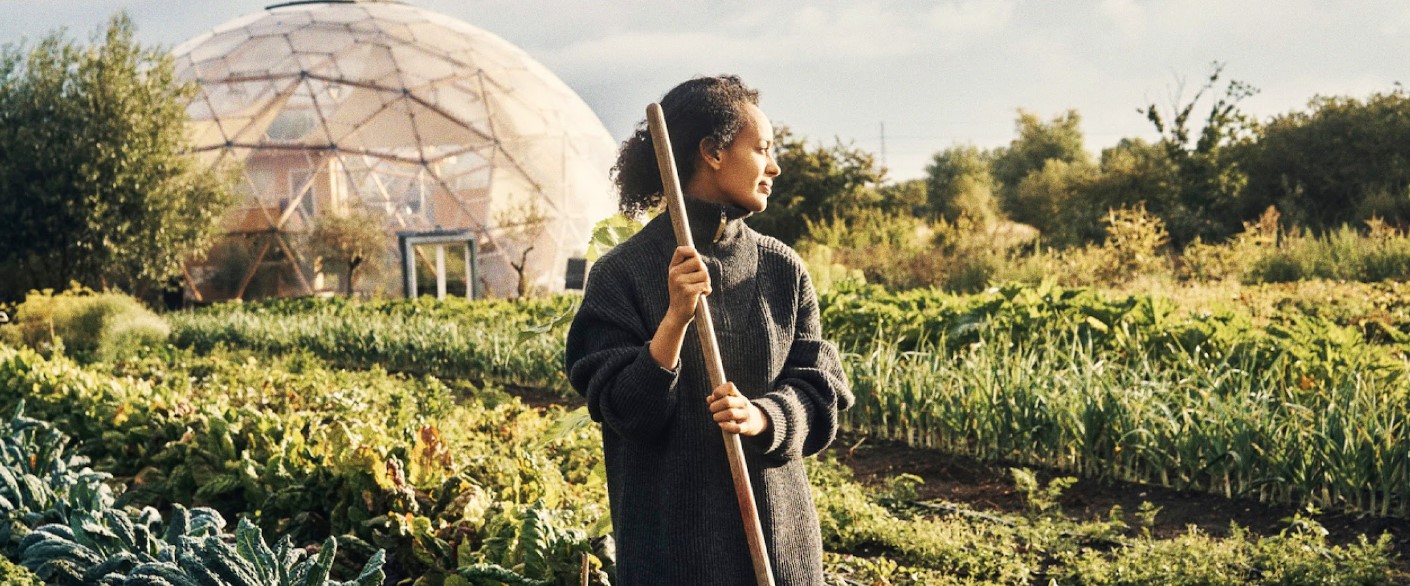

Meet the Cultivemos Advisory Board!
